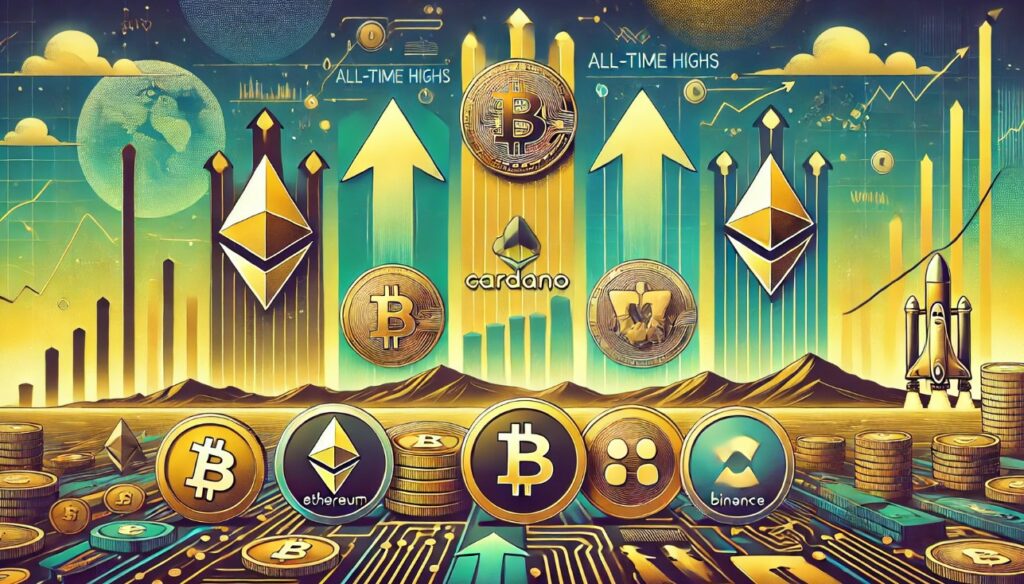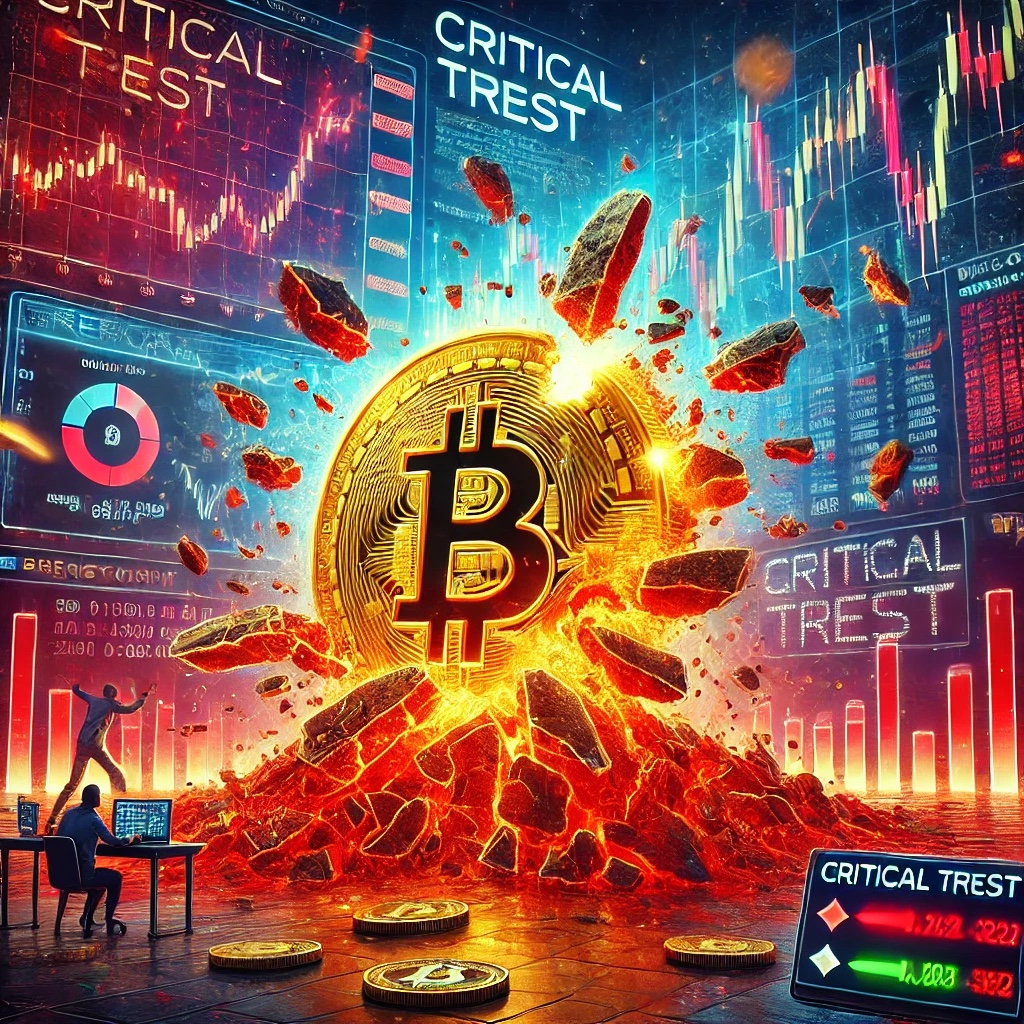The music industry is about to get a major remix. According to the Financial Times, several top record labels are on the brink of signing groundbreaking agreements with AI companies, giving tech firms access to music catalogues while ensuring artists and rights holders get paid.
This could be the blueprint for how creative industries manage AI use moving forward.
What’s striking is how this fits into a bigger trend. We’ve already seen battles elsewhere—Disney recently sent a cease-and-desist to Character.AI for allowing users to roleplay with Disney characters.
Music licensing, unlike outright bans, suggests compromise may be the way forward: better to monetize than fight endless lawsuits.
The ripple effects are massive. If AI-generated tracks can be built legally using licensed material, platforms might churn out convincing songs in the style of your favorite artist with royalties baked in.
It’s not hard to imagine a fan commissioning a “lost Beatles ballad” with permissions in place.
That’s a huge leap from the chaos of viral, unauthorized tracks like the AI Drake song that exploded last year.
Regulators are also watching closely—just look at how the EU’s AI Act is already pushing for clear labeling of synthetic content.
Meanwhile, publishing and corporate communications are grappling with the same dilemmas.
Studies have found that nearly a quarter of corporate press releases last year were at least partially AI-written.
If music licensing deals take root, it may force other industries—copywriting, journalism, even screenwriting—to develop their own licensing frameworks instead of waging whack-a-mole battles against AI platforms.
And then there’s the money. With investors pouring billions into generative AI, from Hollywood’s experiments with AI actors like Tilly Norwood to startups promising “next-day ERP migrations,” this kind of licensing model could be the stabilizer that ensures artists and creators aren’t left behind.
For me, the big takeaway is that we’re watching a cultural shift, not just a legal one. Licensing deals are a recognition that AI isn’t going anywhere.
The question now is whether these frameworks will protect creativity or just turn art into another dataset sold to the highest bidder.
Would you call that progress—or just another remix of an old song?




